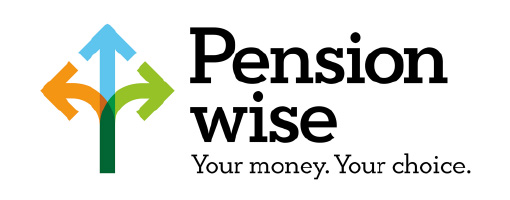The government has rejected the Work and Pensions Committee’s (WPC) recommendation to automatically enrol pension holders into an appointment with Pension Wise before accessing their retirement pots.
In its response to the WPC’s report Protecting pension savers–five years on from the pension freedoms: Accessing pension savings, the government said that it disagreed with the proposal.
It stated that the government believed there were “significant issues” with this approach, both at the age of 50 and at the first point of access, as proposed by the WPC.
The response cited concerns over costs and that referring members to Pension Wise at the wrong time risks “a number of negative outcomes”, such as encouraging members to access their savings earlier than is appropriate.
“It is important to note that Pension Wise is just one of the pensions guidance services offered by the Money and Pensions Service (Maps),” it said.
“Maps also provides pensions guidance through its MoneyHelper pensions guidance helpline. This provides individuals of any age with guidance on all areas of UK pensions, through its phone, email, and webchat service.
“In addition to the 113,000 Pension Wise appointments attended in 2020–2021, MoneyHelper Pensions helped over 220,000 people.”
Commenting, AJ Bell head of retirement policy, Tom Selby, said: “Ensuring people have access to support, guidance and, ideally, regulated advice throughout their retirement saving is critically important.
“However, the idea that people should be automatically enrolled into Pension Wise guidance appointments came with huge risks - not least that it would cause costs to balloon and potentially create a spate of delays, cancellations and complaints if it wasn’t something the customer wanted.
“It’s also important to acknowledge that official guidance, while extremely valuable, is just one source of information for people saving, approaching retirement or taking an income.
“Rather than myopically focusing on official guidance, it makes sense to look more broadly not only at the different organisations that can help people make informed decision, but also when that guidance is provided.
“As part of this – and to support the introduction of the FCA’s Consumer Duty – policymakers need to provide greater certainty for firms over the advice/guidance boundary.
“Most providers working with non-advised customers want to provide extra help and support to savers but are restricted by fears of straying over the line into providing advice. If the FCA and government could deliver more clarity in this area then outcomes for savers could undoubtedly be improved.”
The WPC also recommended that the government sets a goal for Maps for the combined use of Pension Wise and paid-for advice, suggesting the goal should be 60 per cent, with exemption for smaller levels of savings.
However, the government also rejected this proposal, saying that it did not support the setting of a target as the decision to use advice or guidance will depend on an individual's circumstances and should be understood within context.
Latest News
-
Govt urged to prioritise pension policy stability in Spring Statement
-
Just Group underlying operating profit falls by 39%
-
Employers warned modest pension defaults risk worsening adequacy gap
-
Aegon updates modelling tool to help members benchmark retirement needs
-
News in brief - 27 February 2026
-
PPF levy to remain at zero for 2026/27
Private markets – a growing presence within UK DC
Laura Blows discusses the role of private market investment within DC schemes with Aviva Director of Investments, Maiyuresh Rajah
The DB pension landscape
Pensions Age speaks to BlackRock managing director and head of its DB relationship management team, Andrew Reid, about the DB pensions landscape
Podcast: From pension pot to flexible income for life

Podcast: Who matters most in pensions?

In the latest Pensions Age podcast, Francesca Fabrizi speaks to Capita Pension Solutions global practice leader & chief revenue officer, Stuart Heatley, about who matters most in pensions and how to best meet their needs
© 2019 Perspective Publishing Privacy & Cookies










Recent Stories